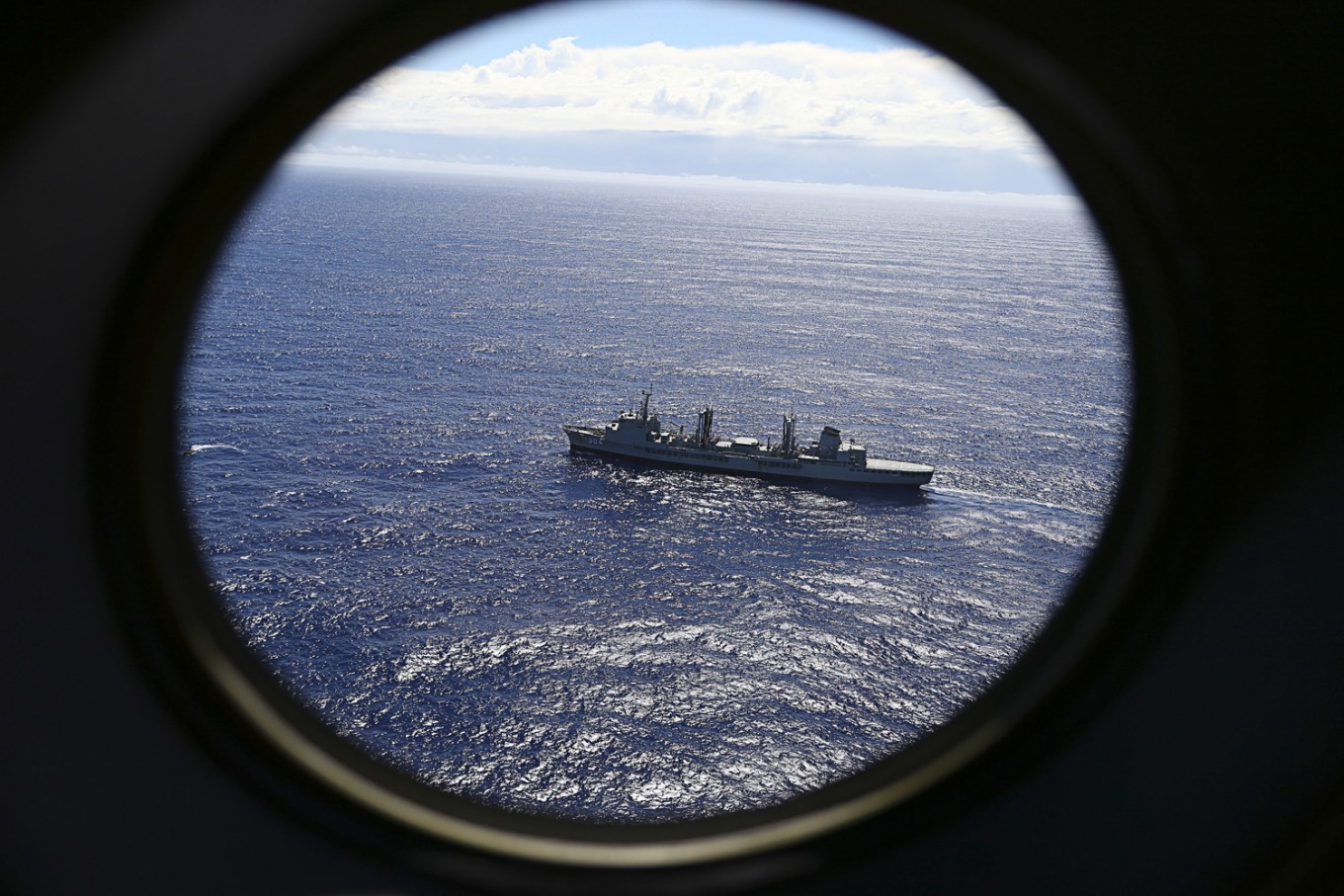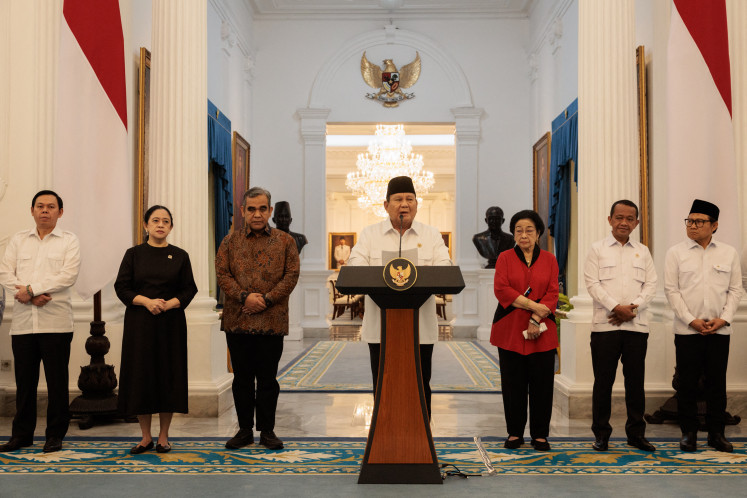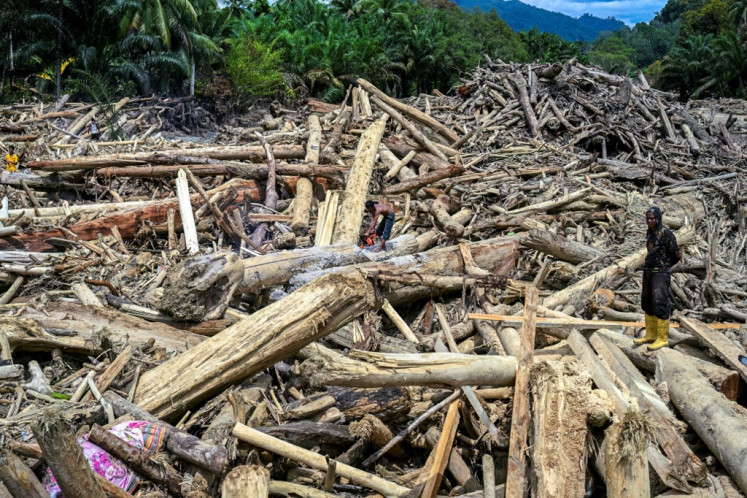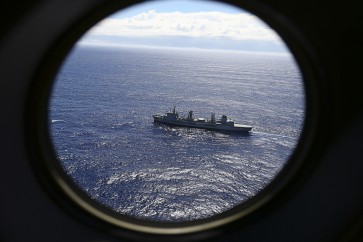Popular Reads
Top Results
Can't find what you're looking for?
View all search resultsPopular Reads
Top Results
Can't find what you're looking for?
View all search resultsINSIGHT: Collaborative capacity building in the Indian Ocean
Problems with maritime boundaries and jurisdiction between states in the Indian Ocean should be settled as soon as possible.
Change text size
Gift Premium Articles
to Anyone
T
he Indian Ocean Rim Association (IORA) leaders’ summit serves as a reminder that there are a lot of factors that could impact and upset the peace, stability and development taking place in the Indian Ocean region, which could require collaborative capacitybuilding to prevent or resolve.
All Indian Ocean nations are members of the United Nations, and therefore they should abide by the UN Charter in managing their relationships with each other.
They are also signatories to the 1982 United Nations Convention on the Law of the Sea (UNCLOS) and its implementing agreements, either for seabed mining (1994) or migratory fish stock (1995). They should follow the provisions of the agreements while building cooperative relations among themselves, including how to maximize resources and activities of the International Sea Bed Authority (ISBA) in the Indian Ocean.
The Indian Ocean states, I believe, are members of the UN Food and Agriculture Organization (FAO) and therefore are aware of FAO’s efforts to manage tuna resources through the Indian Ocean Tuna Commission (IOTC), headquartered in the Seychelles. They should make use of the IOTC forum to manage the highly migratory tuna resources of the Indian Ocean in order to maximize resources for economic development.
Indonesia, Malaysia and Singapore have been cooperating for the last 40 years to develop a regime for the Strait of Malacca and Singapore that would ensure navigation safety, protection of the marine environment, scientific research and technological development.
There may be problems with delimitation of maritime boundaries between Indian Ocean states as well as the limit of their jurisdictions to the open Indian Ocean. However, unlike the South China Sea, there seem to not be significant conflicting territorial claims in the Indian Ocean.
Problems with maritime boundaries and jurisdiction between states in the Indian Ocean should be settled as soon as possible. These problems should be resolved by the countries through negotiation.


















